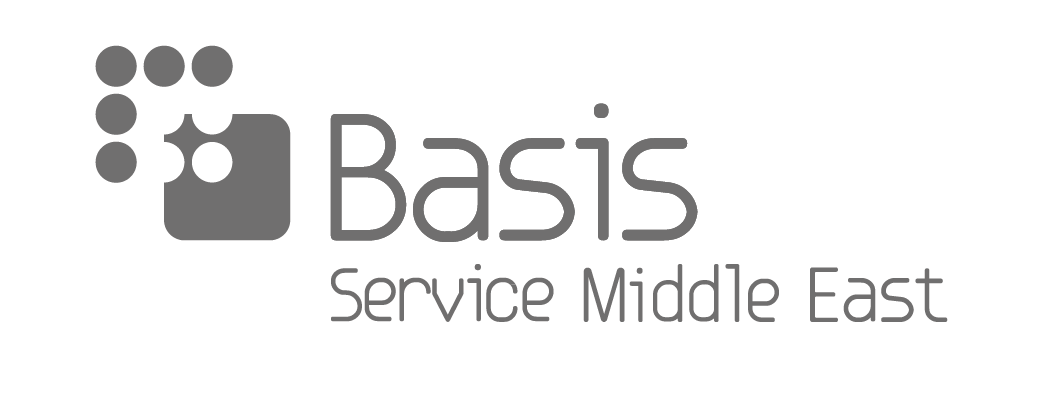What you should know about Middle Eastern Business Investment: Mistakes to avoid and Frequently Asked Questions (FAQ)
For entrepreneurs seeking promising new markets, the Middle East region has become increasingly attractive. Rapid development across sectors like technology, health care, infrastructure, tourism and renewable energy, just to mention some, is fueling a big growth. However, success in this dynamic territory demands deep cultural awareness and nuanced understanding of its complex commercial landscape.
Regulatory frameworks differ substantially from Western norms, as do socioeconomic factors impacting various industries. Partnership structures, taxation, and compliance standards must all be diligently researched to avoid costly missteps. Likewise, geopolitical sensitivities surrounding trade relationships demand a studied approach. Local heritage and norms carry weight in all negotiations, and disregard for sensitive issues can damage hard-won relationships.
In this article, we discuss mistakes to watch out for and FAQs to consider when investing in the Middle East.
Mistakes to avoid when investing in the Middle East
Investing in the Middle East, like any region, comes with its unique set of challenges and opportunities.
Here are nine potential mistakes to be mindful of in the context of Middle Eastern investment:
- Overlooking Regulatory and Legal Risks: The Middle East is a complex tapestry of legal systems and regulatory frameworks. Failing to understand the nuances of local laws can lead to significant missteps. Investors must engage in thorough due diligence regarding legal compliance and consider the stability and transparency of legal systems.
- Misunderstanding cultural differences: The Middle East is culturally rich and diverse. What works in Western markets may not translate directly. It’s important to develop a deep understanding of local customs, business practices, and consumer behavior to avoid cultural insensitivity that could harm your investment.
- Neglecting the importance of relationships: Personal relationships and networks are incredibly important in the Middle East. These relationships often determine the speed and success of business endeavors in the region.
- Ignoring the impact of geopolitical tensions: The region can be volatile with shifting alliances and conflicts. Ignoring geopolitical dynamics can expose investments to unforeseen risks. It’s essential to stay informed and be prepared for rapid changes in the political landscape.
- Underestimating the energy transition: The global shift towards renewable energy is affecting the Middle East, a region historically dependent on oil. Investors should avoid assuming that the oil and gas sector will continue to yield the same returns and should look for opportunities in emerging sectors.
- Innovation misalignment: Investors should be wary of assuming that what constitutes an unmet need in other regions applies in the Middle East. Tailoring innovation strategies to local needs is key.
- Failing to recognize economic diversification efforts: Many Middle Eastern countries are actively working to diversify their economies beyond oil. Not recognizing or capitalizing on these diversification efforts, such as those in technology, tourism, and finance, could mean missing out on growth opportunities.
- Overlooking the youth demographic: The Middle East has a young population with increasing technological literacy and entrepreneurial spirit. Ignoring this demographic shift could mean missing out on significant market potential. Products and services should cater to this young, dynamic, and digitally savvy population.
- Assuming one size fits all: Each country in the Middle East has its unique characteristics. A strategy that works in the UAE might not work in Saudi Arabia or Egypt. Investors should avoid a blanket approach and instead tailor strategies to each country’s specific market conditions and consumer behaviors.
Investing in the Middle East requires a combination of careful analysis, respect for local nuances, and a willingness to adapt to a rapidly changing landscape. As in any endeavor, the key to success lies in understanding and serving the customer effectively, which in this case means being deeply attuned to the complexities of the region.
Seek our support to avoid any of these mistakes and to seize the business opportunity that comes with investing in the Middle East.
FAQ – Frequently Asked Questions
- Is it safe to invest in the Middle East?
Yes, investing in the Middle East can be considered safe, especially in countries with stable political climates and robust regulatory frameworks. The region has a track record of respecting private property rights and enforcing contracts, providing a secure environment for investors.
- Which country in the Middle East offers the best investment opportunities?
While there are several countries in the Middle East with attractive investment prospects, the UAE (United Arab Emirates) stands out as a leading destination for investors. With its business-friendly policies, world-class infrastructure, and diverse economy, the UAE provides numerous opportunities across various sectors. - What are the key challenges for investors in the Middle East?
Some key challenges for investors in the Middle East include cultural differences, bureaucratic processes, and geopolitical risks. However, with proper research, due diligence, and local partnerships, these challenges can be effectively managed. - Are there any tax incentives for foreign investors in the Middle East?
Many countries in the Middle East offer tax incentives and exemptions to attract foreign investors. However, it is essential to consult with local experts or professional advisors to fully understand the tax regulations and incentives specific to each country. - How can I get started with investing in the Middle East?
To get started with investing in the Middle East, it is advisable to conduct thorough market research, identify promising sectors, and seek guidance from local investment agencies or consultants. Building strong networks and partnerships within the region can also be beneficial in navigating the investment landscape.
How can Basis Service Middle East help you?
The Middle East presents a wealth of opportunities for investors seeking to diversify their portfolios and tap into high-growth industries. From the oil and gas sector to renewable energy, real estate, tourism, and technology, the region boasts a diverse range of sectors that promise substantial returns.
However, before venturing into any investment, it is important to conduct proper due diligence, seek expert advice, and stay updated on market dynamics. By leveraging the region’s strategic advantages, favorable business environment, and emerging trends, investors can unlock the true potential of the Middle East and embark on a rewarding investment journey.
We are specialized in the creation of relationships to and from the Middle East through an integrated mix of services, commercial activity, business development and operational support, both digital and in the field.
We work to find the best solutions to the problems of our customers, through the integration of the commercial offer and the experience of the group companies.



